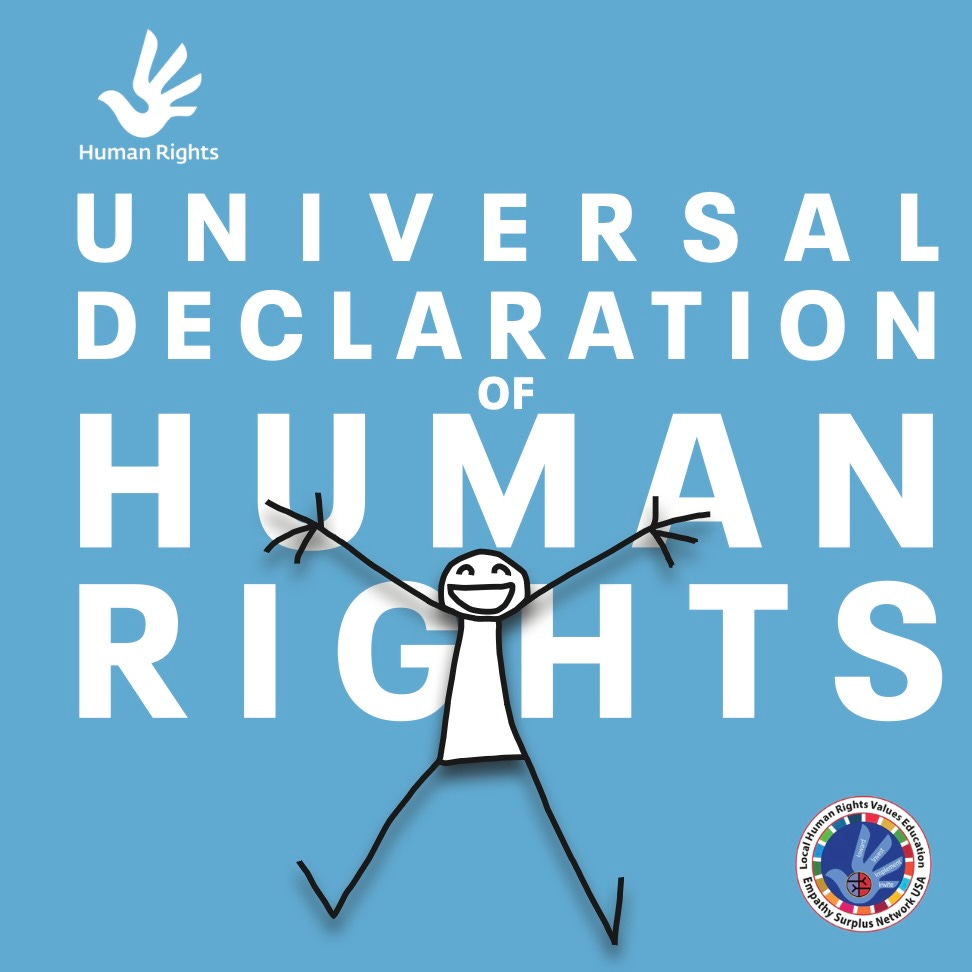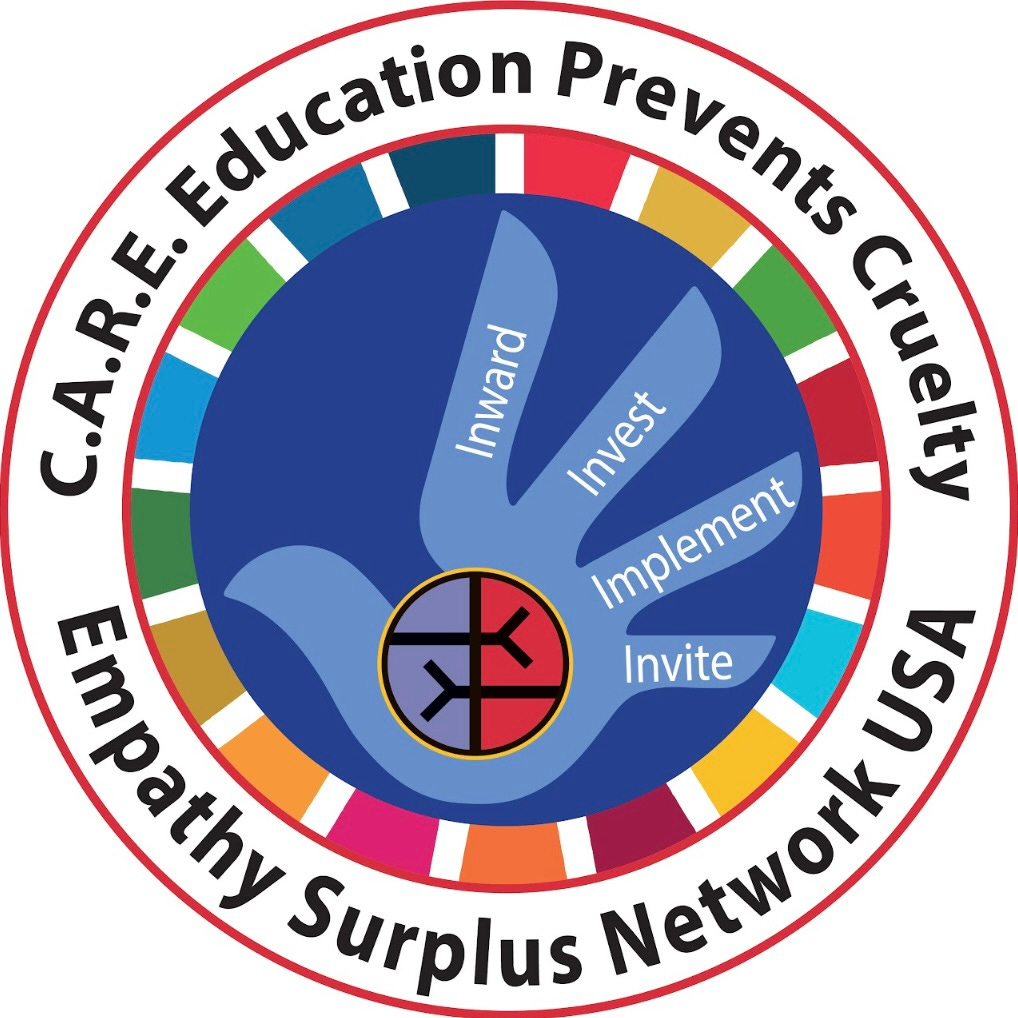Welcome subscribers!
Let’s unite around our commitment to care about one another’s human rights and freedoms.
Welcome to the Empathy Surplus Network USA’s Substack. If you want to support our work financially, go to www.empathysurplus.com. We are a 501(c)(3) membership-driven, science-based communication education collective focused on centralizing empathy in ongoing public discourse to unite our siloed human rights interests around our shared core value of empathy. Visit www.empathysurplus.com to learn about opportunities to get involved and support our work.
No state in our Union currently requires learning [a] how to cultivate empathy or [b] about the Universal Declaration of Human Rights in their state’s academic standards for grades K-12. Volunteer today at www.empathysurplus.com.

Why is framing so important?
In YOUR BRAIN’S POLITICS, co-author, cognitive scientist, and linguist Elisabeth Wehling, interviewing author, cognitive scientist, linguist, and progressive activist George Lakoff, says, “Our metaphor choices are usually unconscious. It’s not the case that look at abstract concepts, such as taxation, and ask ourselves, ‘What brain source domain for taxation should I use today?”
Dr. Lakoff replies, “Right, but if the choice is not conscious and deliberate, then . . . it’s the language used in public discourse that determines how things are perceived.”
“But that’s only one part of the issue,” Lakoff continues. “There is more to this. Namely, the more often a metaphoric mapping is due in language, the more that metaphor is being engrained in people’s brains due to synaptic strengthening.” If public political debate implements one given metaphor again and again - then that metaphor becomes our primary way of perceiving the issue at hand. The mapping simply becomes part of our common sense, our ‘only,’ ‘unquestionable,’ and ‘inherently rightful’ shared understanding of the issue.”
The UDHR Preamble and Articles 1, 2, 29, and 30 say the most important thing that “every individual and every organ of society” can do to protect Human Rights Articles 3-28 with the rule of law is to keep UDHR empathy - the human rights moral WHY - “constantly in mind” and teach, educate, and “promote respect for these rights and freedoms by progressive measures.”
To find out more about the company that provides the tech for this newsletter, visit Substack.com.



